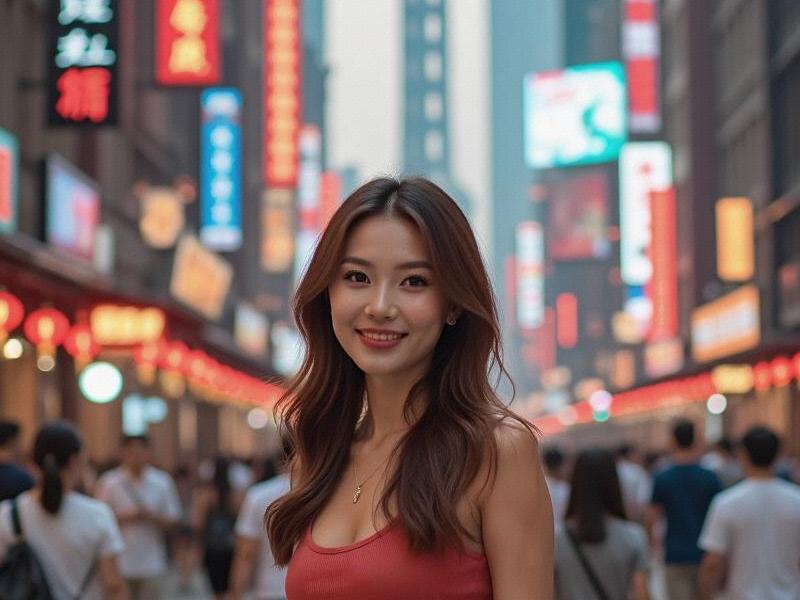
Section 1: The Cultural Landscape
1. Historical Foundations:
- Treaty Port cosmopolitanism (1843-1949)
- Socialist cultural production (1950s-1970s)
- Reform-era commercialization (1980s-2000s)
- Post-Expo cultural awakening (2010-present)
2. Current Cultural Districts:
- West Bund Museum Mile
- M50 Creative Park
- Tianzifang Arts Alley
- Power Station of Art complex
Section 2: Creative Economy Boom
1. Industry Growth:
- 38% annual increase in creative startups
- $12.7B cultural industry output (2024)
- 210% growth in designer studios since 2015
- 62 co-working spaces for creatives
爱上海同城对对碰交友论坛 2. Government Initiatives:
- Creative City designation (UNESCO)
- Cultural Industries Fund
- Artist residency programs
- International exchange platforms
Section 3: Architectural Heritage Revival
1. Preservation Projects:
- Bund conservation program
- Shikumen adaptive reuse
- Industrial warehouse conversions
- Historic church restorations
2. New Cultural Icons:
- Shanghai Astronomy Museum
- Tank Shanghai art complex
- Long Museum West Bund
- Shanghai Library East
Section 4: Performing Arts Renaissance
上海贵族宝贝sh1314 1. Venue Development:
- Shanghai Opera House expansion
- Symphony Hall acoustic upgrades
- Experimental theater spaces
- Open-air performance sites
2. Festival Calendar:
- International Arts Festival
- Shanghai Biennale
- Film Festival expansion
- Literary Week growth
Section 5: Global Cultural Exchange
1. International Partnerships:
- Louvre satellite museum
- Pompidou Center collaboration
- Tate Modern exchanges
- Broadway show co-productions
上海花千坊419 2. Soft Power Projection:
- Design Shanghai expo
- Fashion Week influence
- Contemporary art market
- Digital content exports
Challenges and Future Outlook:
1. Ongoing Issues:
- Commercialization pressures
- Authenticity concerns
- Talent retention
- Censorship balancing
2. 2035 Vision:
- Global cultural hub status
- Creative industry leadership
- Heritage conservation models
- Cultural democracy expansion
Conclusion:
Shanghai's cultural renaissance represents a unique synthesis of East and West, past and future, commercial and artistic. As the city positions itself as Asia's new cultural capital, its evolving creative ecosystem offers a compelling model for urban cultural development in the 21st century.
